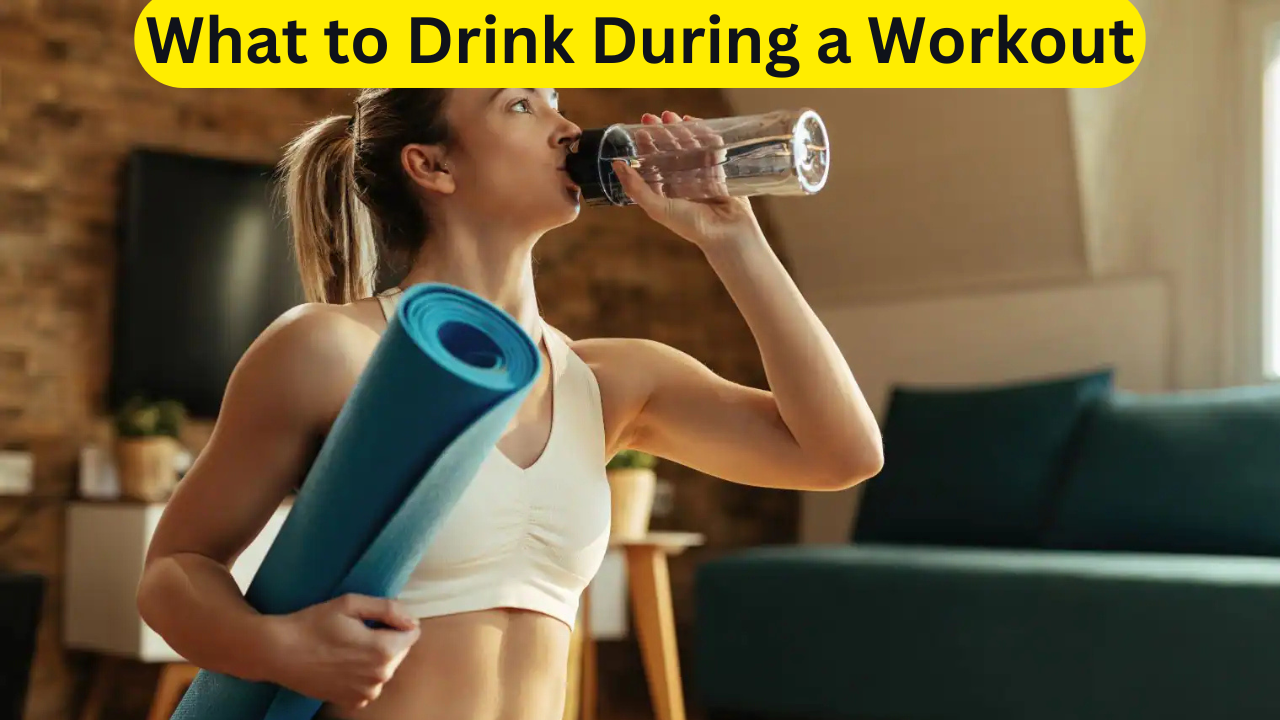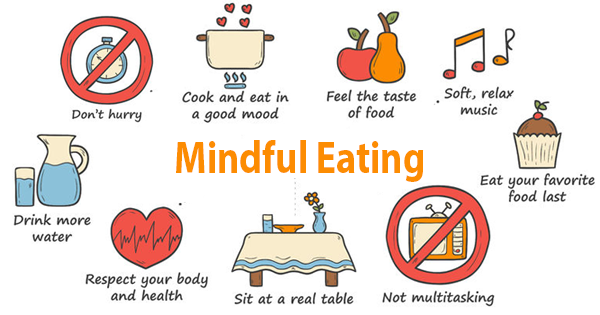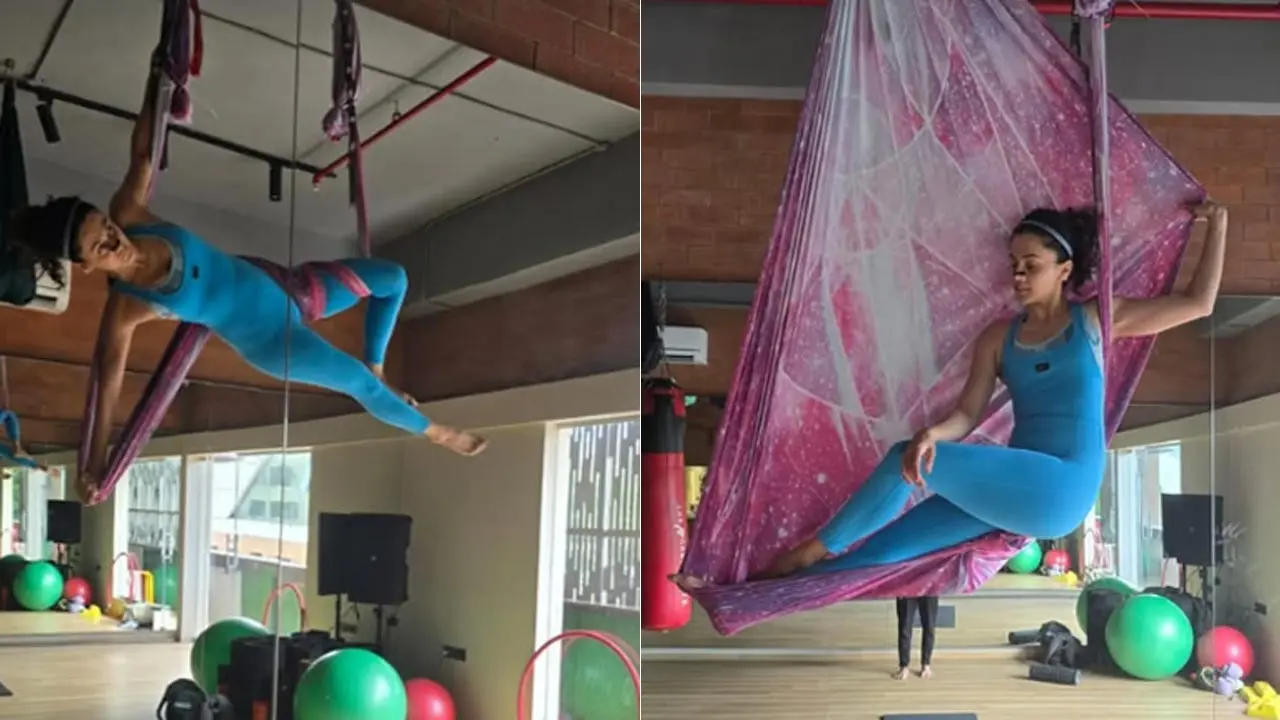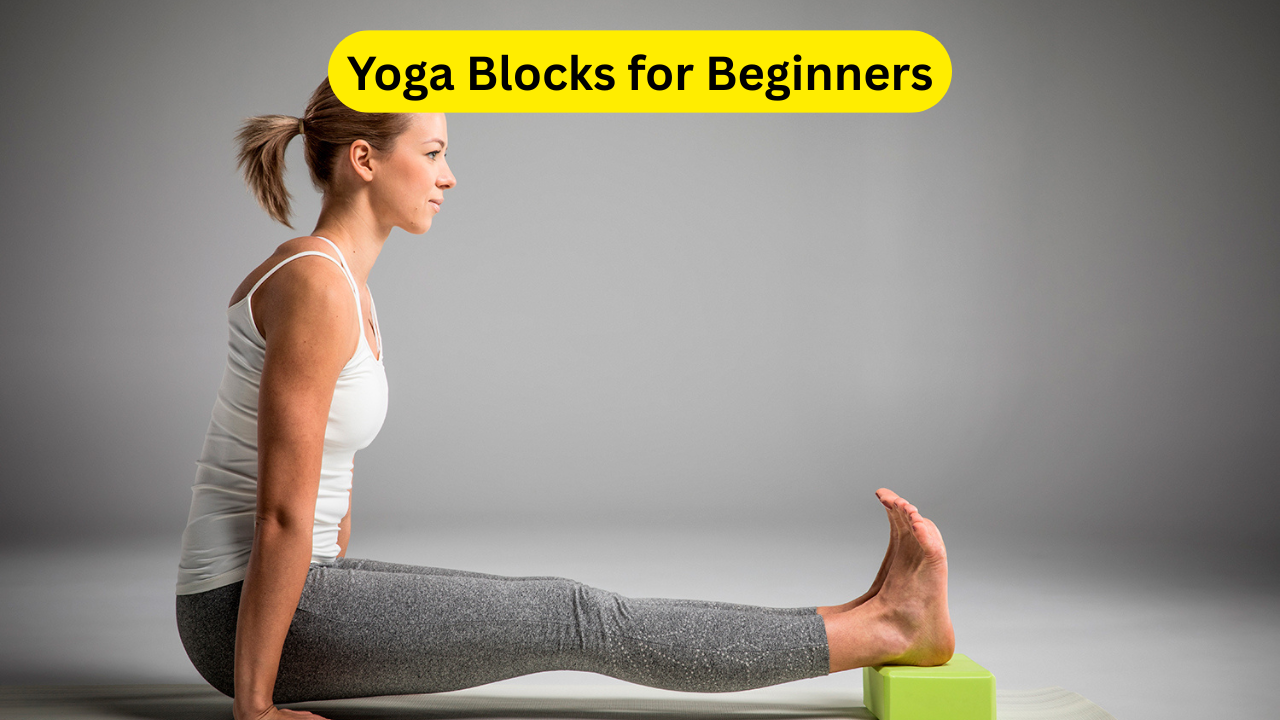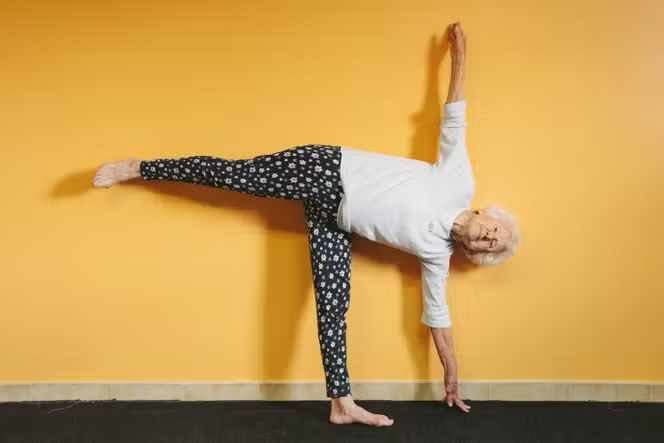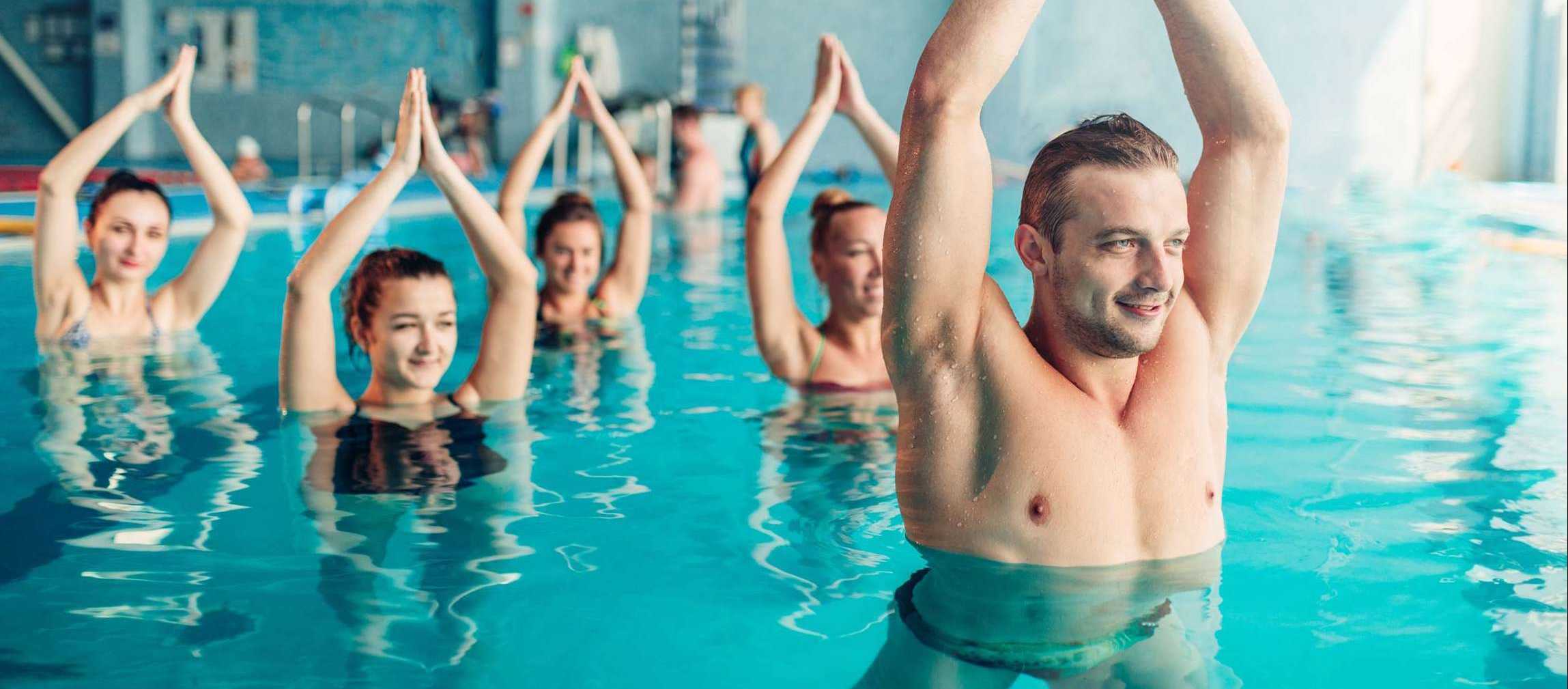What to Drink During a Workout: Staying hydrated during exercise is crucial for maintaining peak performance and overall health. Whether you’re a casual gym-goer or a seasoned athlete, understanding what to drink during a workout can make a significant difference in your energy levels, recovery, and endurance. Water is the most straightforward and effective choice for most people, but depending on the intensity and duration of your workout, other beverages like sports drinks or chocolate milk can provide additional benefits.
Your body is made up of more than 60% water, and during exercise, you lose a significant amount of fluids through sweat. This loss can lead to dehydration, which can impair joint function, reduce nutrient transport, and disrupt your body’s ability to regulate temperature. To combat this, it’s essential to replenish lost fluids and electrolytes. While water is often sufficient for moderate workouts, more intense or prolonged sessions may require beverages that offer carbohydrates, protein, and minerals to support recovery and energy levels.
In this article, we’ll explore six practical tips to help you choose the right drinks for your workout, understand how much to consume, and avoid common pitfalls like overhydration or dehydration. By following these guidelines, you can optimize your hydration strategy and ensure you’re fueling your body effectively for every type of exercise.
1. Choose the Right Beverage for Your Workout
Water: The Ultimate Hydrator
For most people, water is the best choice for hydration during a workout. It’s readily available, calorie-free, and effectively replenishes lost fluids. According to Nancy Clark, RD, a renowned sports nutritionist, “If you’re an average person, then water after a workout is just fine.” Water helps regulate body temperature, lubricate joints, and transport nutrients, making it essential for any fitness routine.
Chocolate Milk: A Post-Workout Recovery Drink
For more intense workouts lasting over three hours, chocolate milk can be an excellent option. It contains sodium and calcium to replace lost electrolytes, carbohydrates to refuel your energy, and protein to repair muscle tissue. However, some people may find milk difficult to digest during exercise, so it’s often better suited as a post-workout recovery drink.
Sports Drinks and Coconut Water
If you’re not a fan of water or milk, sports drinks and coconut water are great alternatives. These beverages are rich in electrolytes like sodium and potassium, which help balance fluids in your body. Additionally, you can replenish electrolytes through foods like avocados, bananas, and orange juice.
2. Consume the Right Amount of Fluids
Listen to Your Body
There’s no one-size-fits-all answer to how much water you should drink during exercise. Clark advises simply drinking to thirst. However, if you’re engaging in prolonged or high-intensity workouts, you may need a more structured approach.
Calculate Your Sweat Rate
To determine your specific hydration needs, you can calculate your sweat rate. Weigh yourself before and after your workout, and note how much fluid you consumed. For example, if you lose a quart of sweat in an hour, Clark recommends drinking about 8 ounces of water every 15 minutes. A general guideline is to consume 4-8 ounces of water every 15-20 minutes during exercise.
3. Avoid Overhydration
The Risks of Drinking Too Much
While dehydration is a common concern, overhydration can also be dangerous, especially during endurance events like marathons. Consuming excessive fluids without enough sodium can lead to hyponatremia, a life-threatening condition characterized by low blood sodium levels. Symptoms include confusion, nausea, muscle cramps, and in severe cases, seizures or coma.
Balance Fluids and Electrolytes
To avoid overhydration, ensure you’re balancing fluid intake with electrolyte consumption. Sports drinks or electrolyte-rich foods can help maintain this balance during long workouts.
4. Drink Before and During Exercise
Pre-Workout Hydration
Clark emphasizes the importance of hydrating before exercise, especially for stamina-intensive activities. “You need to start drinking about 1.5-2 hours before running a marathon,” she says. This ensures your body starts off well-hydrated.
Hydration During Exercise
Drinking fluids during your workout is equally important. “We don’t drink enough during exercise, and that puts you in a hole when you finish,” Clark explains. Staying hydrated throughout your session helps maintain performance and reduces the need for excessive rehydration afterward.
5. Incorporate Protein and Carbohydrates
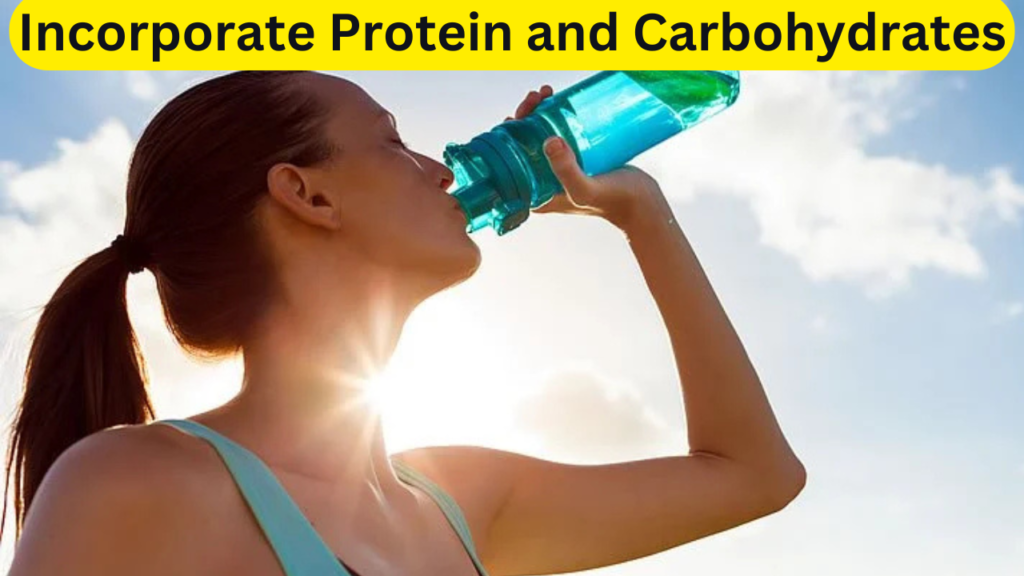
Post-Workout Recovery
Intense workouts can cause minor cell or tissue damage, making protein an essential component of your post-workout drink. Chocolate milk, for example, provides both protein and carbohydrates, aiding in muscle repair and energy replenishment.
The Ideal Ratio
Clark recommends a 3:1 ratio of carbohydrates to protein for optimal recovery. This combination helps refuel energy stores and supports muscle repair.
6. Understand the Risks of Dehydration
Common Symptoms
Dehydration can lead to fatigue, confusion, and fainting. When your body lacks sufficient fluids, your blood thickens, forcing your heart to work harder and leaving you feeling tired.
Severe Complications
In extreme cases, dehydration can cause tachycardia (rapid heartbeat), shock, and even organ failure. Recognizing the signs early and staying hydrated can prevent these serious health risks
What to Drink During a Workout Conclusion
Staying hydrated during exercise is essential for maintaining performance, preventing fatigue, and supporting overall health. Water is the go-to choice for most workouts, but for longer or more intense sessions, beverages like sports drinks or chocolate milk can provide additional benefits. By listening to your body, calculating your sweat rate, and balancing fluid intake with electrolytes, you can optimize your hydration strategy.
Remember to hydrate before and during your workout to avoid dehydration and its associated risks. Incorporating protein and carbohydrates into your post-workout drink can aid in recovery and replenish lost energy. Whether you’re a casual exerciser or a professional athlete, these tips will help you stay hydrated and perform at your best.
Finally, always be mindful of the dangers of overhydration, especially during endurance events. By following these guidelines, you can ensure that your body is properly fueled and ready to tackle any workout.
Also Read: Renault 5 Turbo 3E EV: A Modern Homage to the Iconic 1980s R5 Turbo
What to Drink During a Workout FAQs
1. How much water should I drink during a workout?
There’s no fixed amount, as hydration needs vary based on factors like sweat rate and exercise intensity. A general guideline is to drink 4-8 ounces of water every 15-20 minutes during exercise.
2. Is it better to drink water or sports drinks during a workout?
Water is sufficient for most moderate workouts. However, for intense or prolonged exercise, sports drinks can provide essential electrolytes and carbohydrates to maintain energy levels.
3. Can I drink chocolate milk during a workout?
While chocolate milk is an excellent post-workout recovery drink due to its protein and carbohydrate content, some people may find it difficult to digest during exercise. It’s best consumed after your workout.
4. What are the signs of dehydration during exercise?
Common signs include fatigue, dizziness, rapid heartbeat, and dark urine. Severe dehydration can lead to confusion, fainting, and even shock.
5. Can I drink too much water during a workout?
Yes, overhydration can lead to hyponatremia, a dangerous condition caused by low sodium levels. To avoid this, balance your fluid intake with electrolyte consumption, especially during endurance events.
